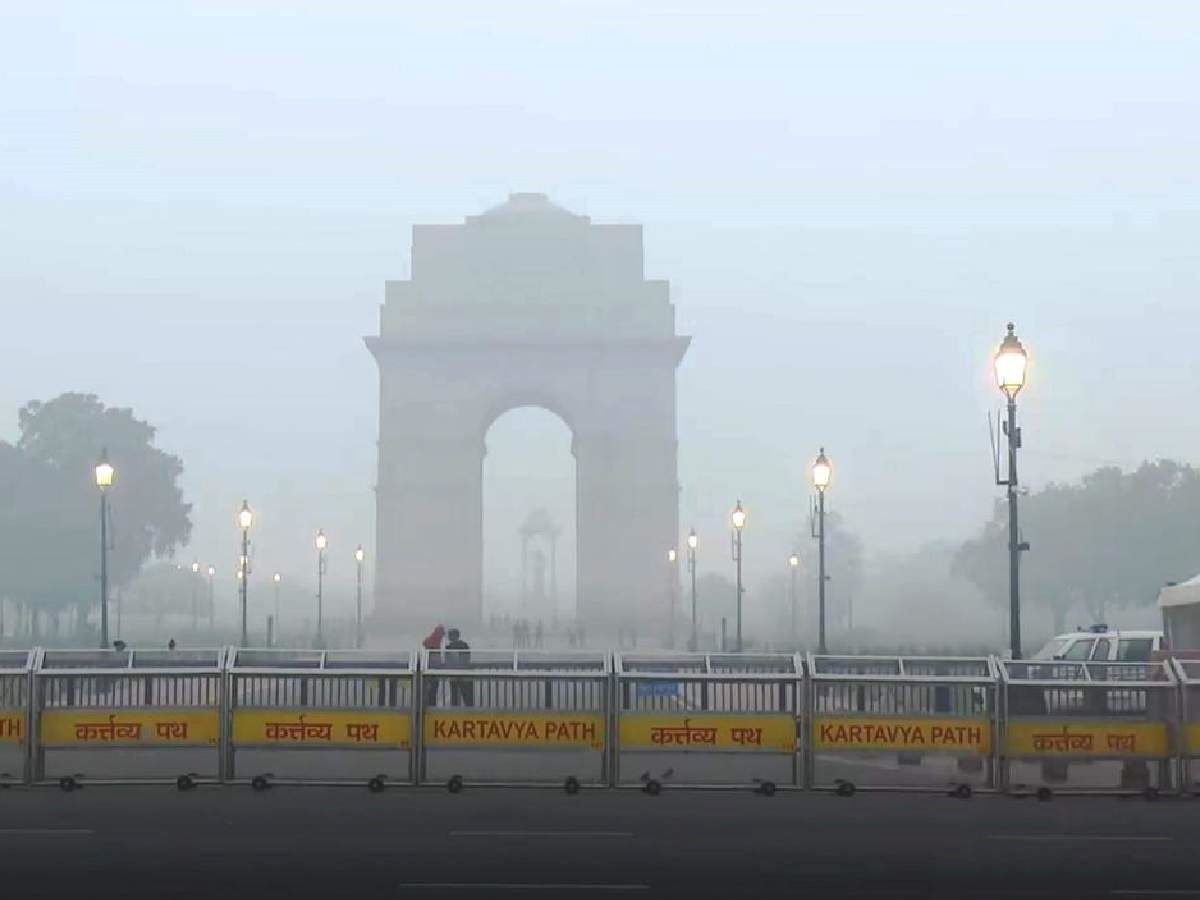
Delhi Pollution: The Supreme Court on Friday allowed the Commission for Air Quality Management (CAQM) to relax the stringent GRAP-4 (Graded Response Action Plan) curbs to stage 2 to deal with air pollution in the national capital region in view of improvement in the AQI levels.
A bench of Justices Abhay S Oka and Augustine George Masih suggested the CAQM to include some additional measures of GRAP-3 in stage-2 curbs.
The bench told the CAQM that stage 3 curbs would be introduced if AQI (air quality index) crossed the 350 mark and stage-4 curbs if AQI crossed 400.
The top court noted the AQI level in NCR did not cross 300 in the last four days.
An AQI between zero and 50 is considered “good”; 51 and 100 is “satisfactory”; 101 and 200 is “moderate”; 201 and 300 is “poor”; 301 and 400 is “very poor”; whereas between the range 401 and 500 it is “severe”.
Also read: Delay in services on Delhi Metro’s Blue Line due to cable theft
Meanwhile, on Monday, Supreme Court voiced concern over the poor enforcement of Stage IV of the Graded Response Action Plan (GRAP) in the National Capital Region to address severe air pollution. The bench stated it would not approve any relaxation of GRAP IV measures until all parties are heard on December 5.
The court highlighted that, despite the alarming air quality, the measures under GRAP Stage IV—activated when pollution reaches hazardous levels—have not been implemented seriously.
“There is minimal implementation of GRAP Stage 4 to tackle air pollution in the national capital,” the court remarked.
Delhi Police will deploy over 15,000 personnel across the city during Holi, with intensified patrols…
A Delhi canteen owner was allegedly murdered and dismembered by his friend and accomplices for…
A 21-year-old man has been arrested for allegedly stabbing two teenage brothers at a Haiderpur…
Droupadi Murmu launches Pink National Common Mobility Card, free LPG cylinder benefit, and two financial…
Court says detention unnecessary, cites liberty concerns in AI summit protest case
Indian airlines cancelled 760 overseas flights in the last two days owing to the escalating…